42 Best Alcohol and Drug Rehabs in Atlanta, GA 2025

7.03
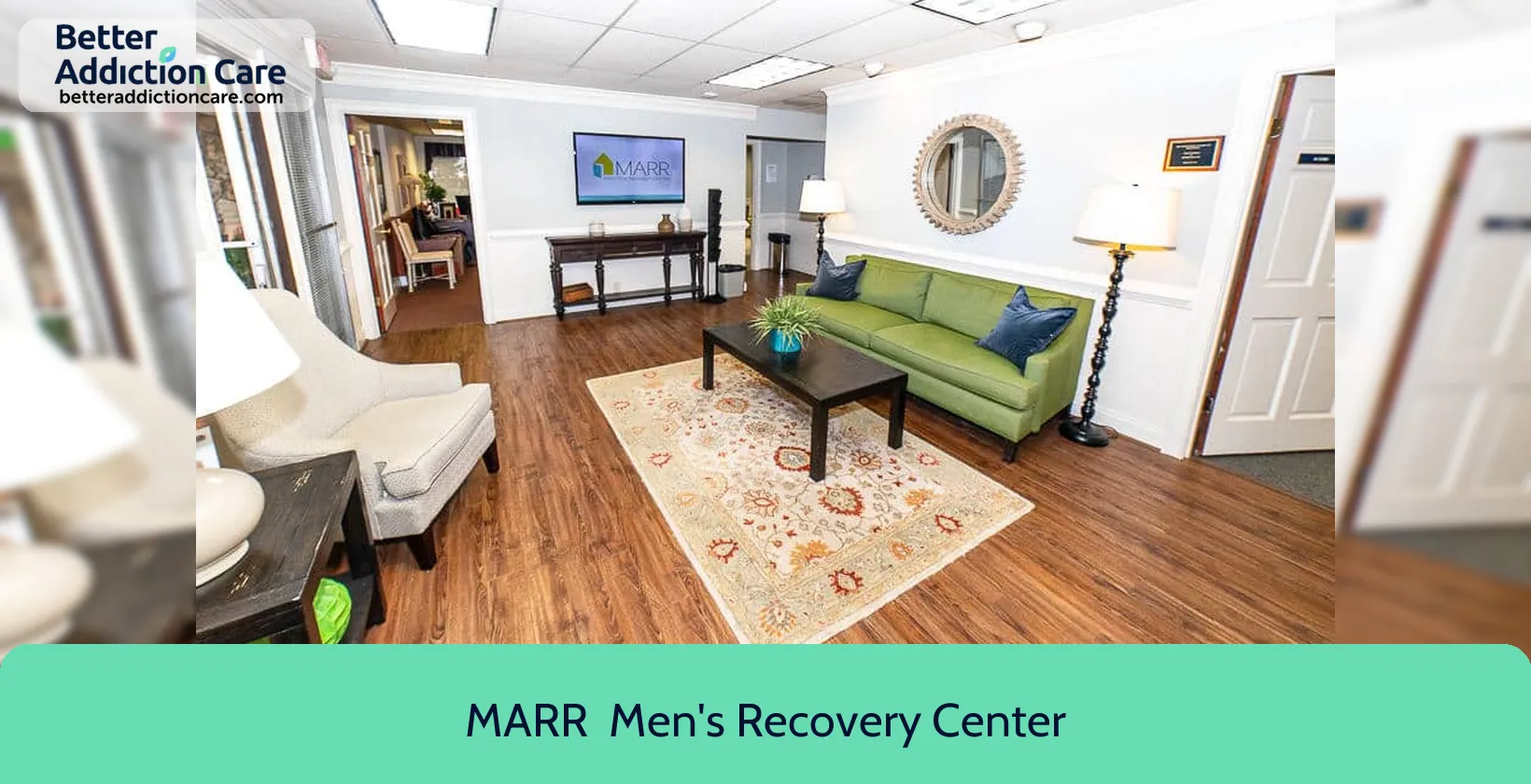
7.08
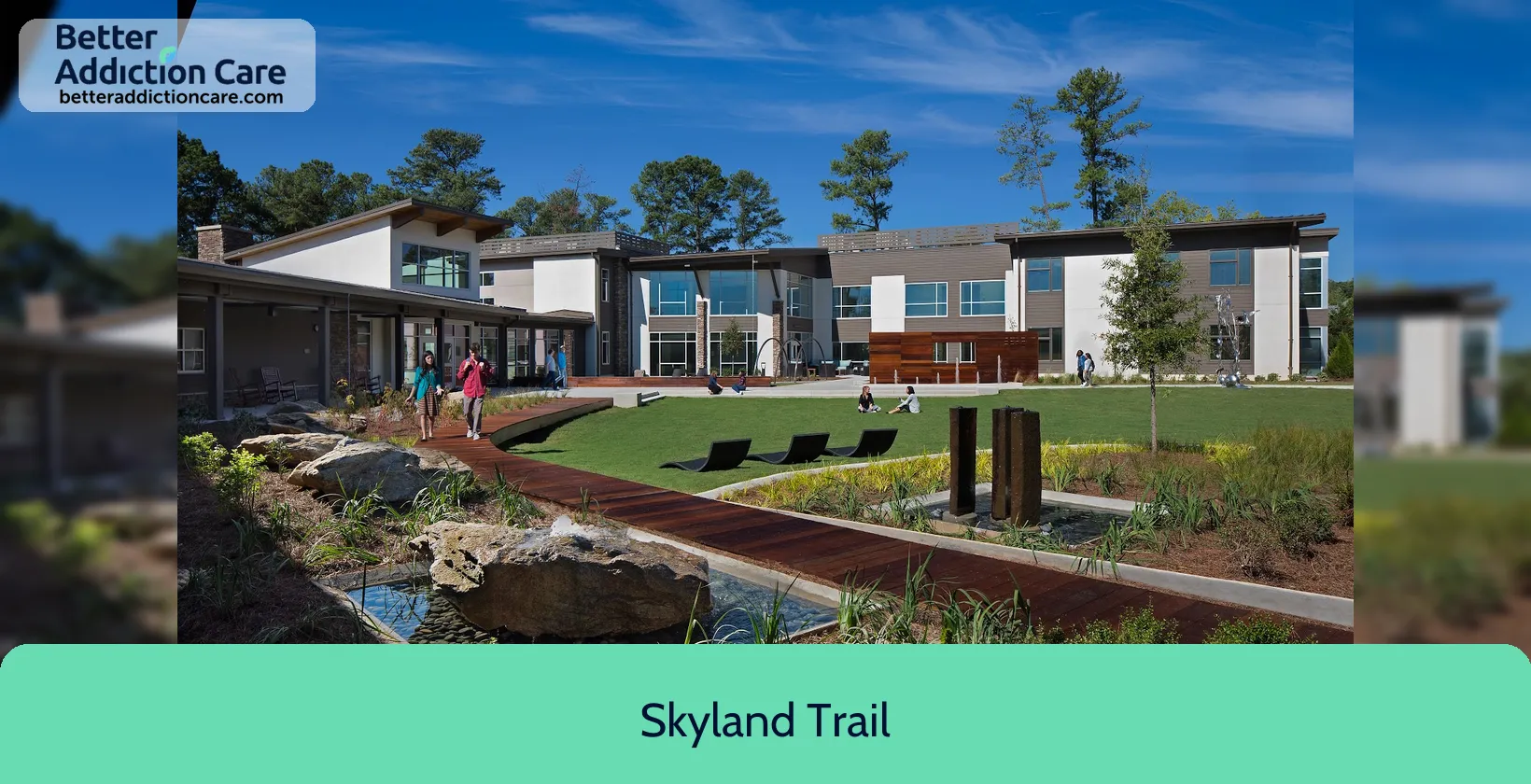
6.96
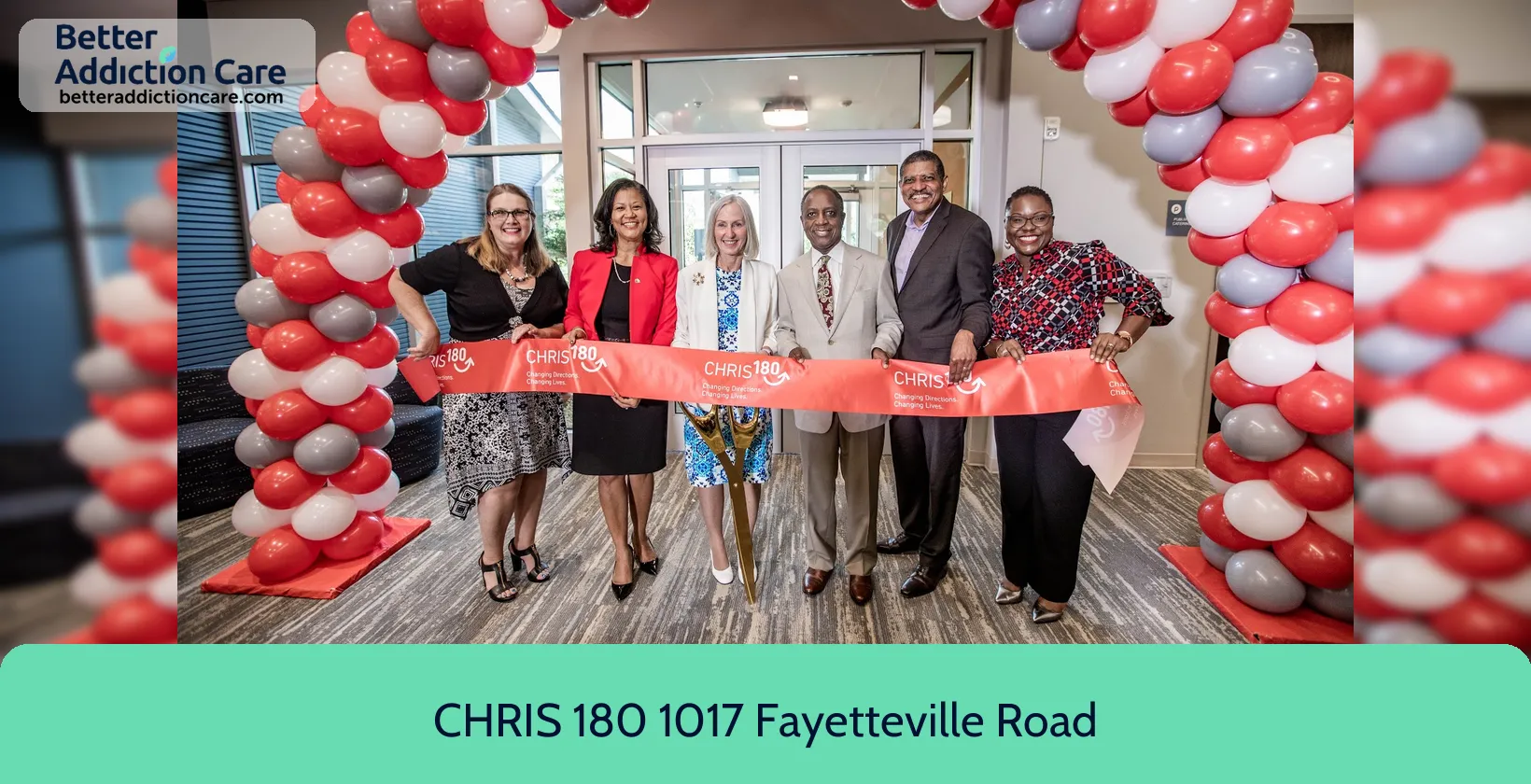
6.68
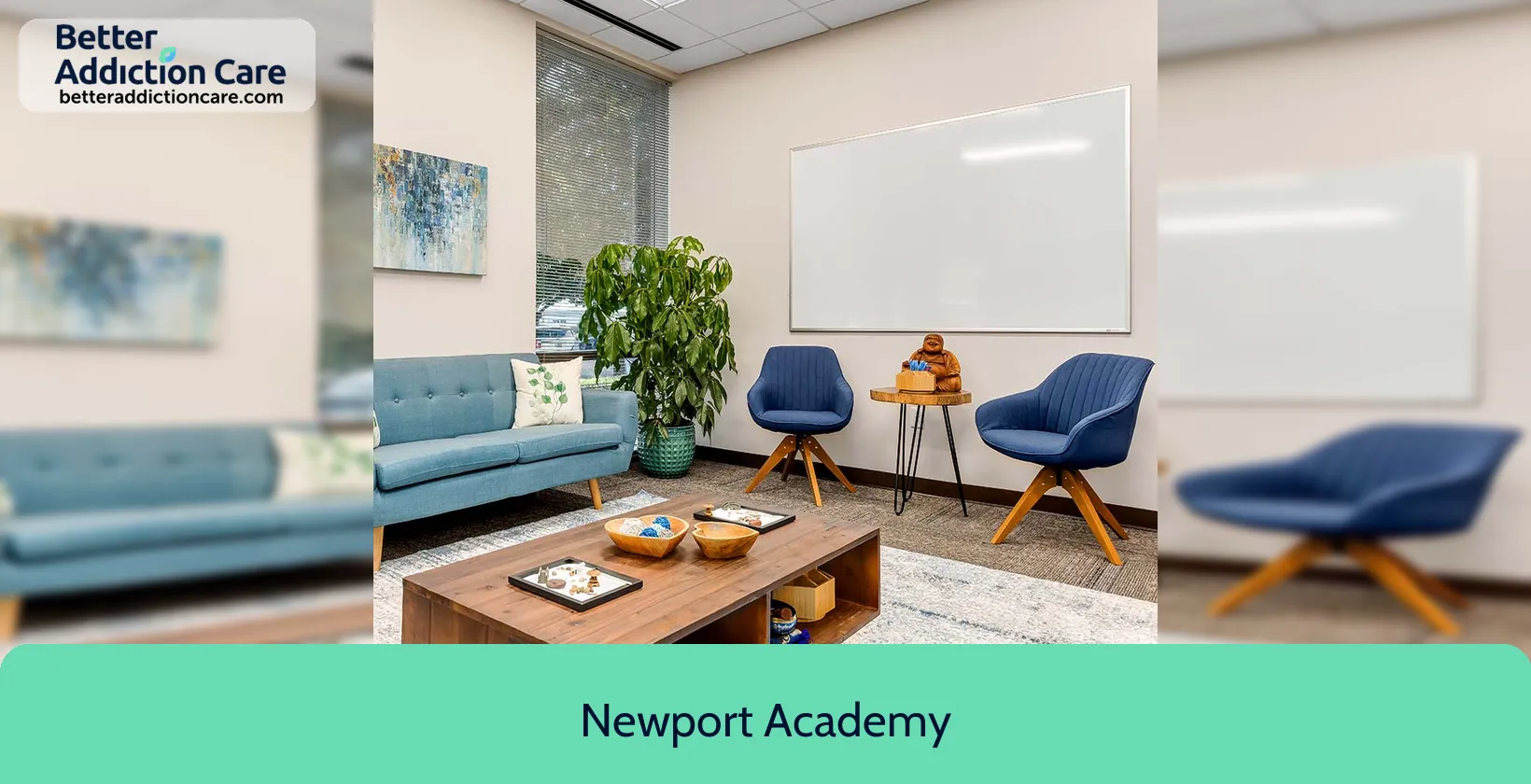
6.68
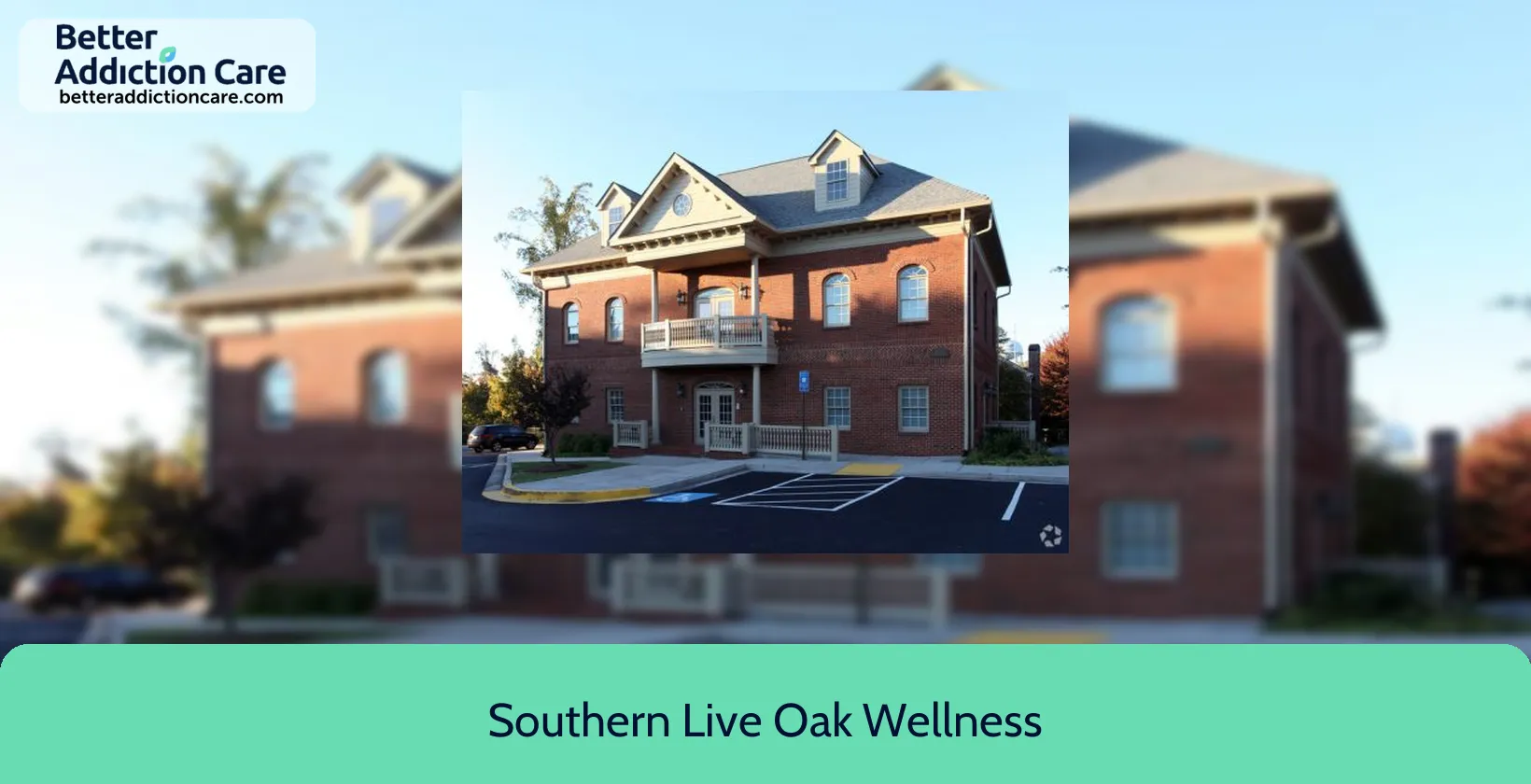
6.68
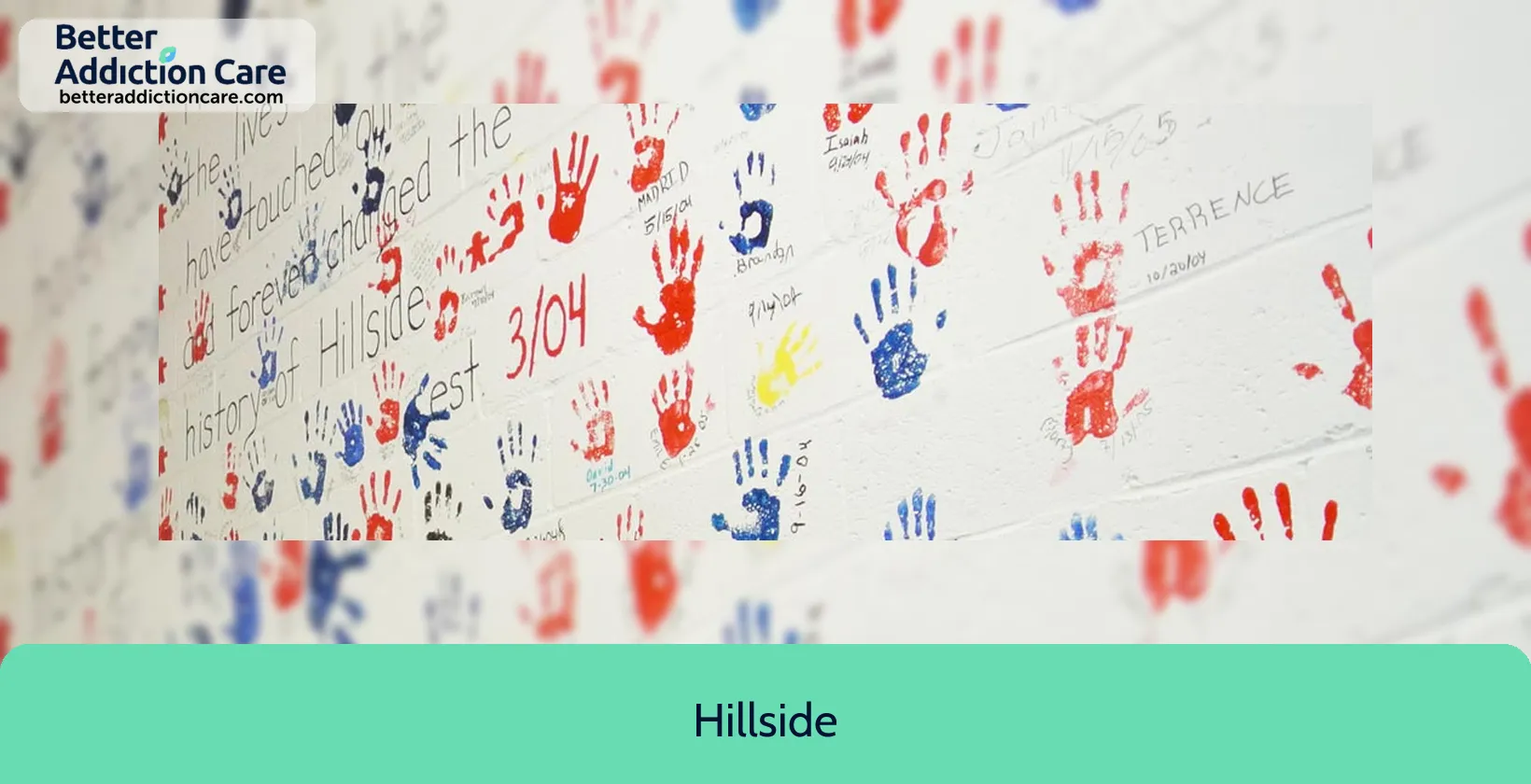
6.65
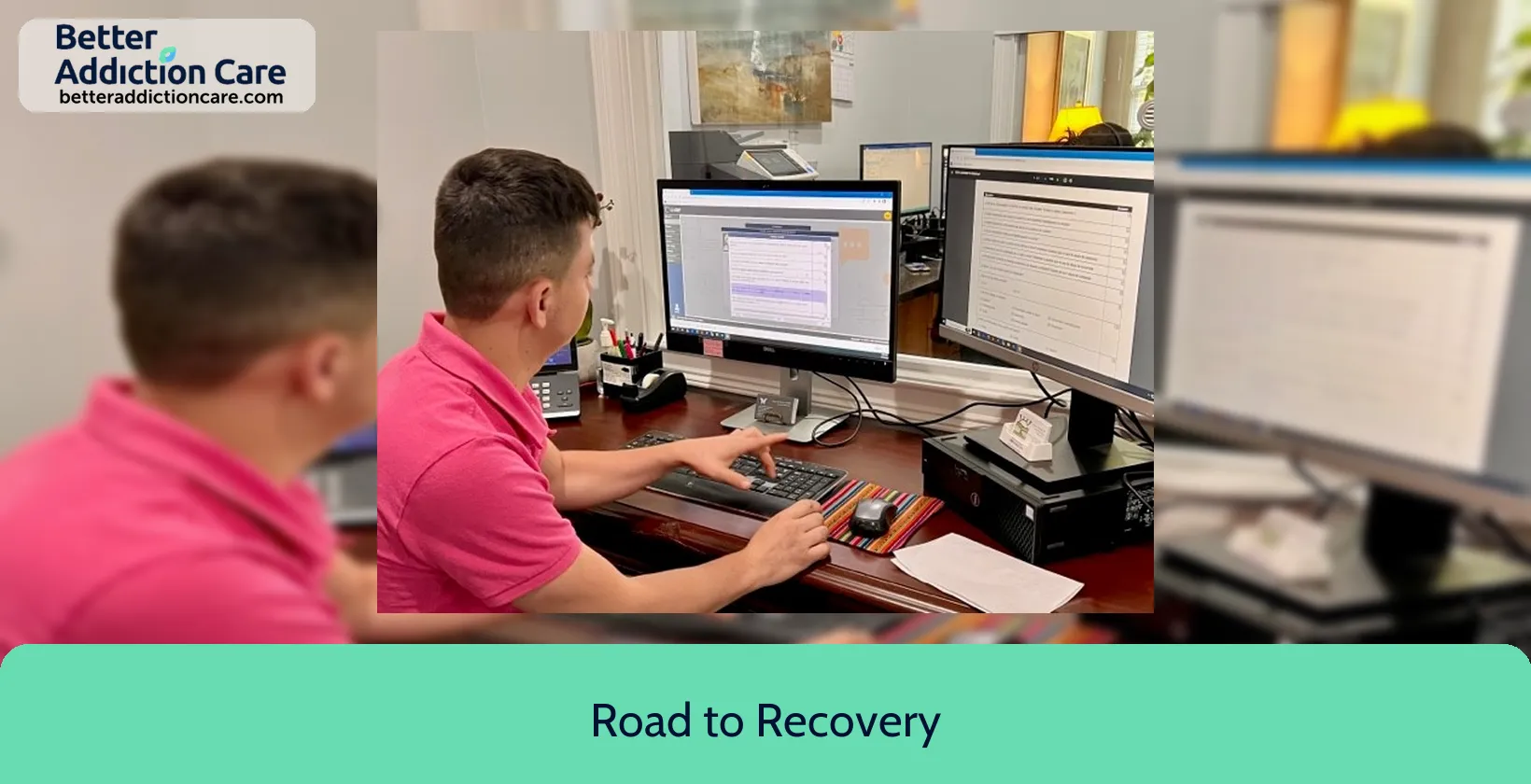
6.92
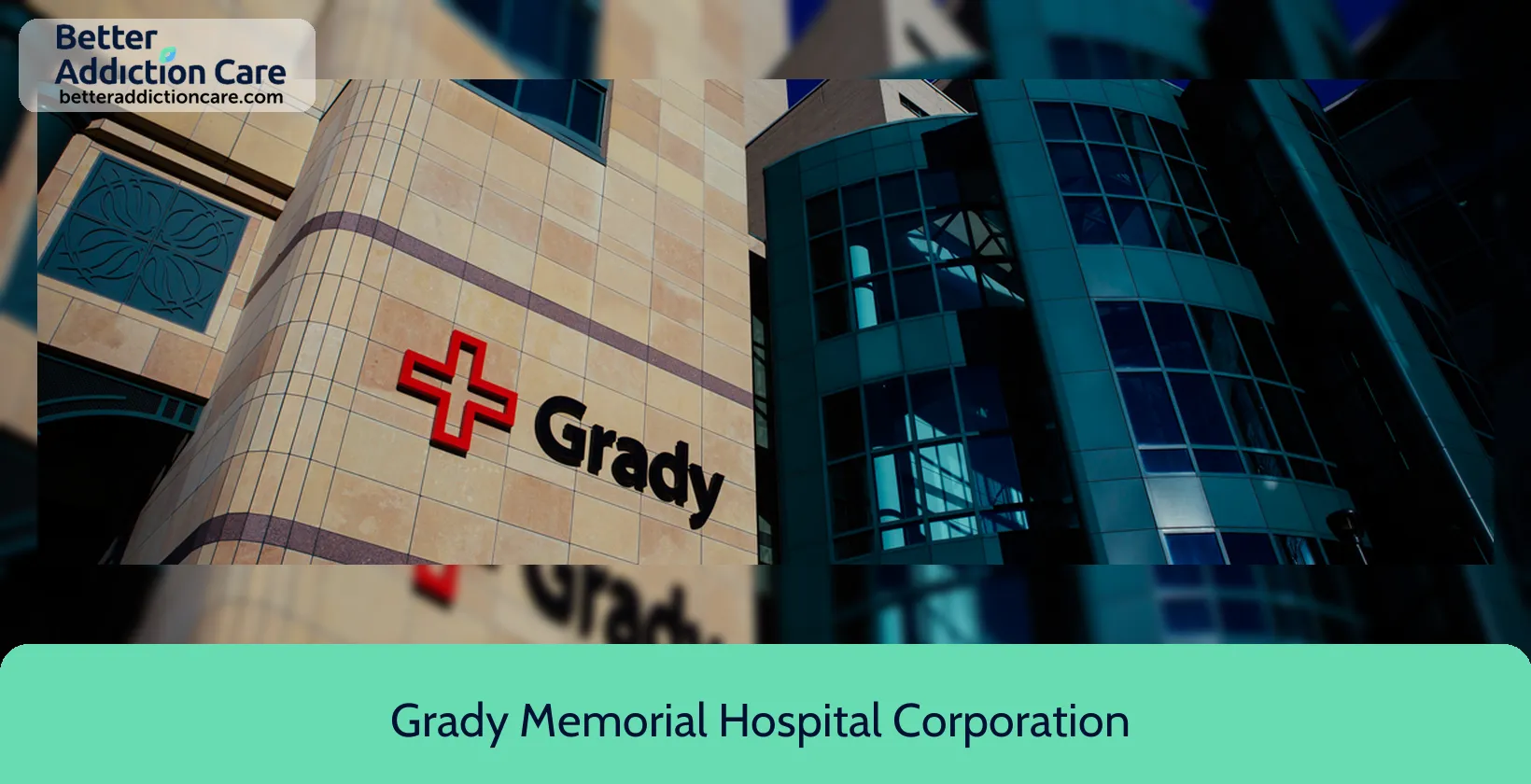
6.80
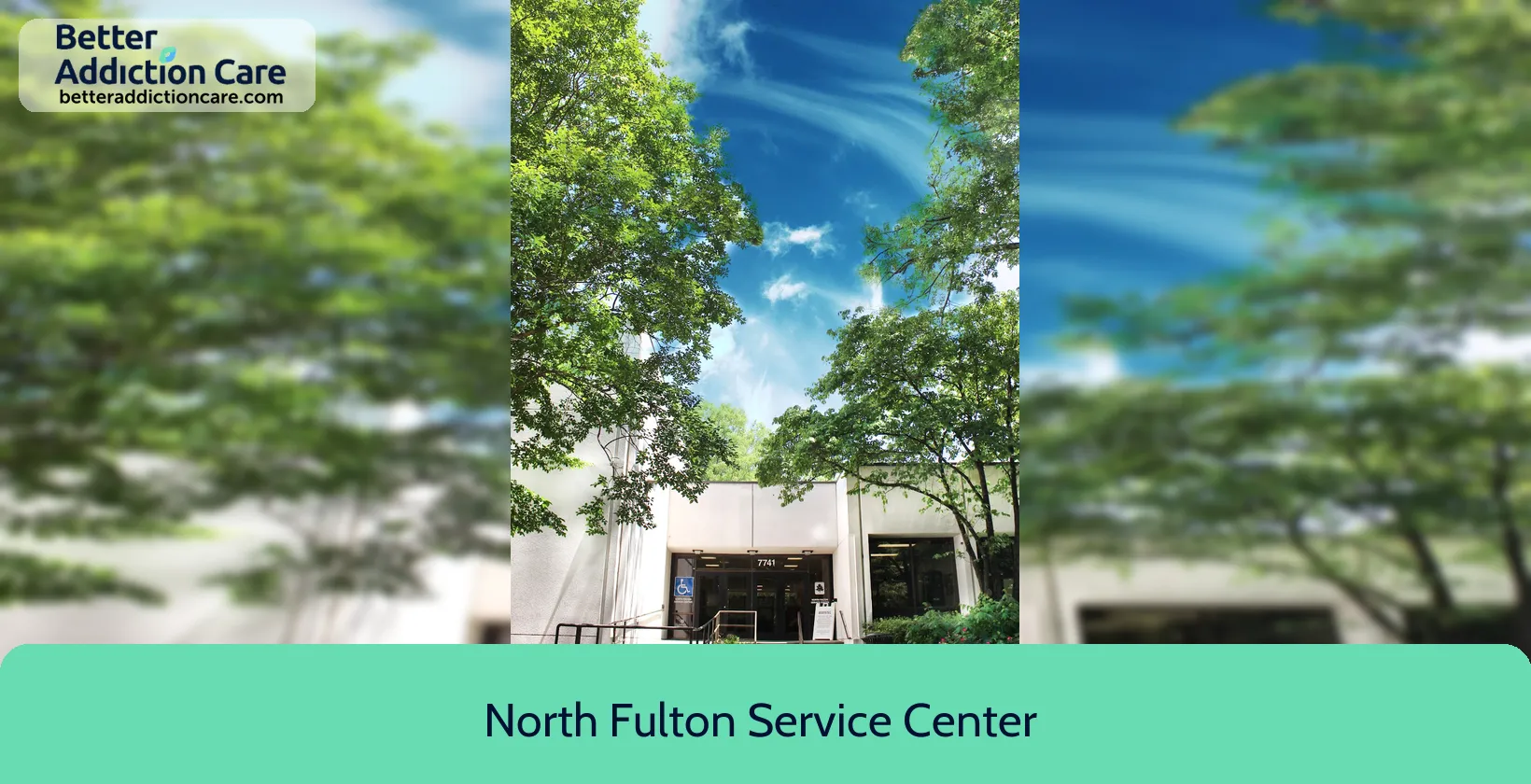
6.62
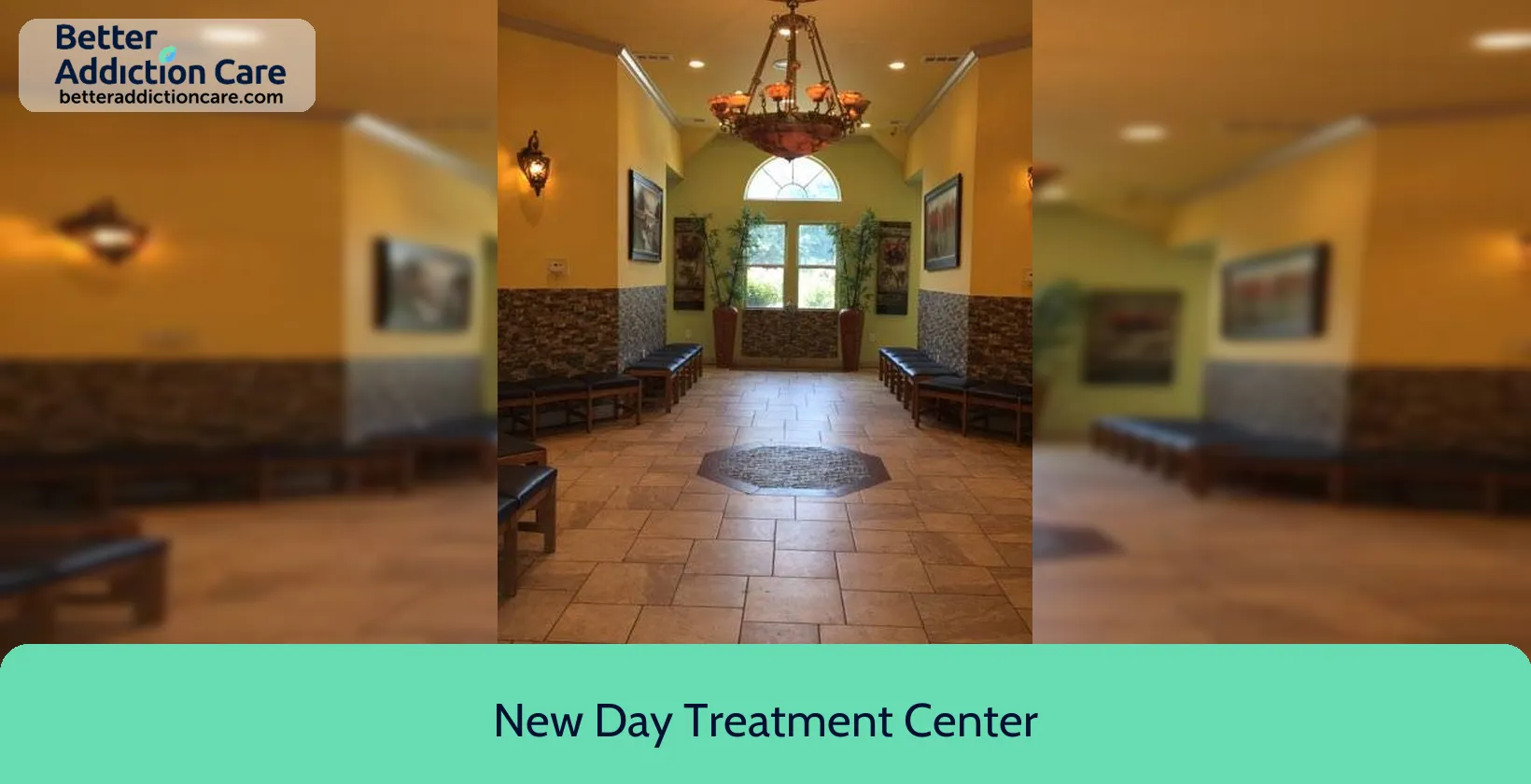
7.22
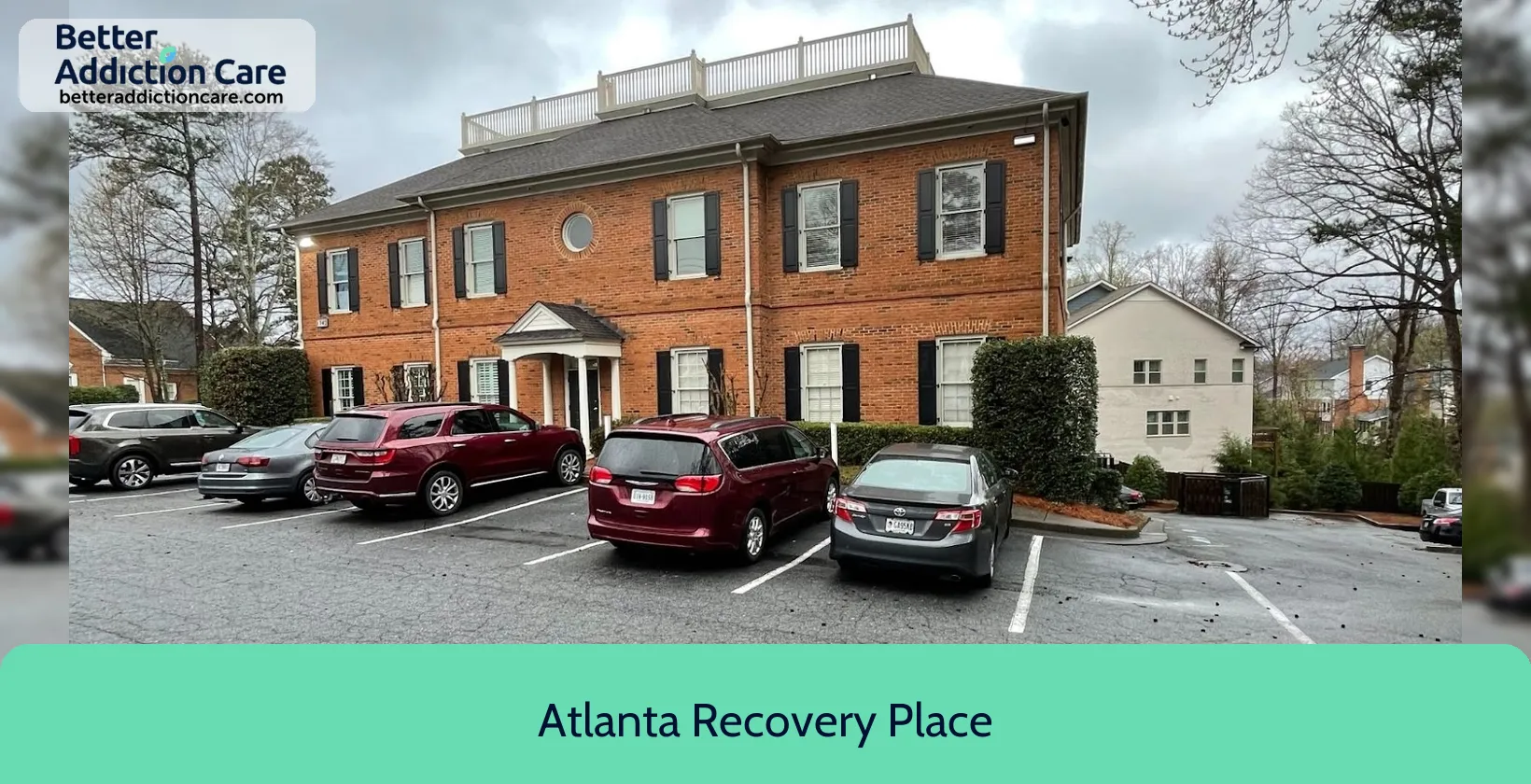
7.41
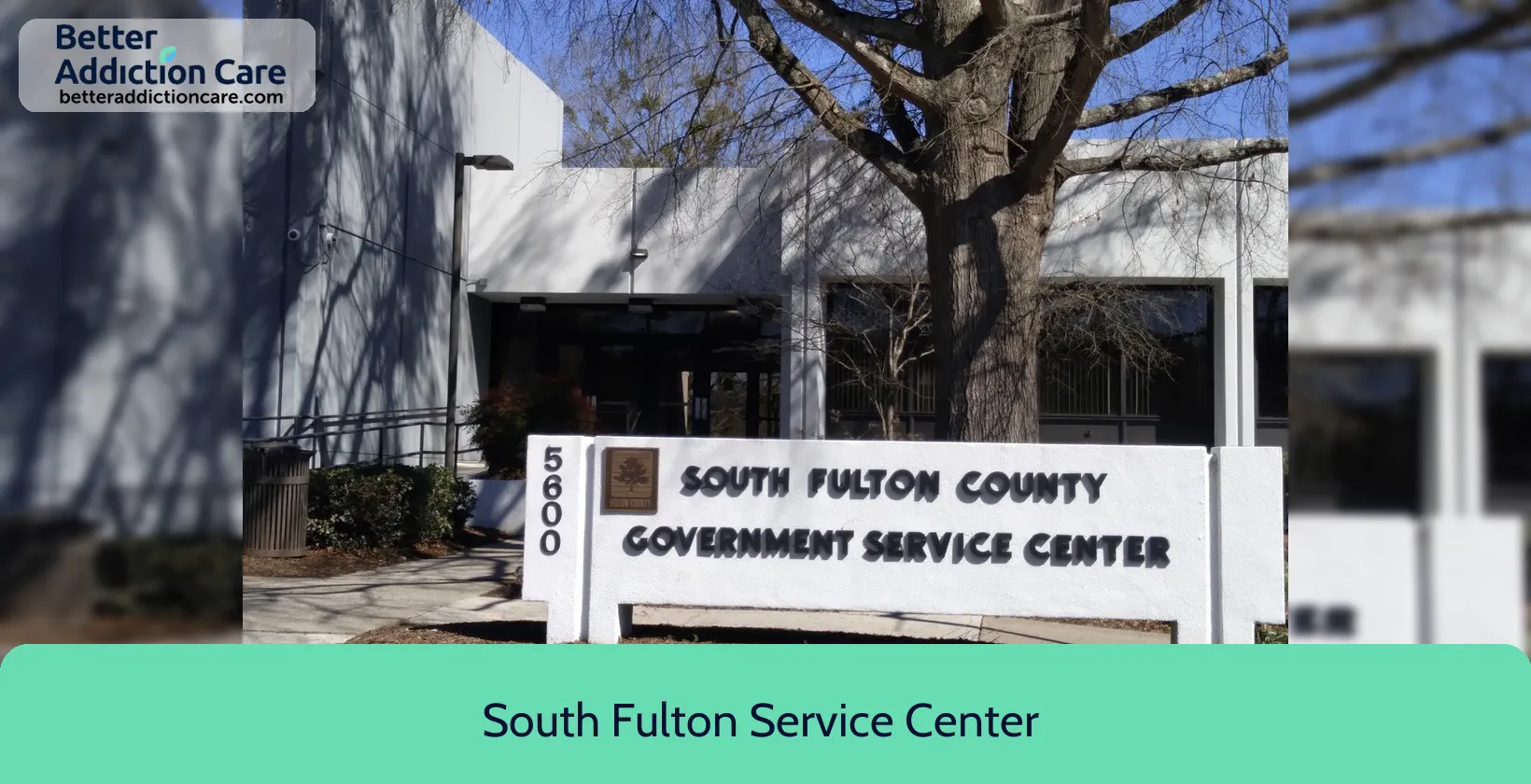
7.05
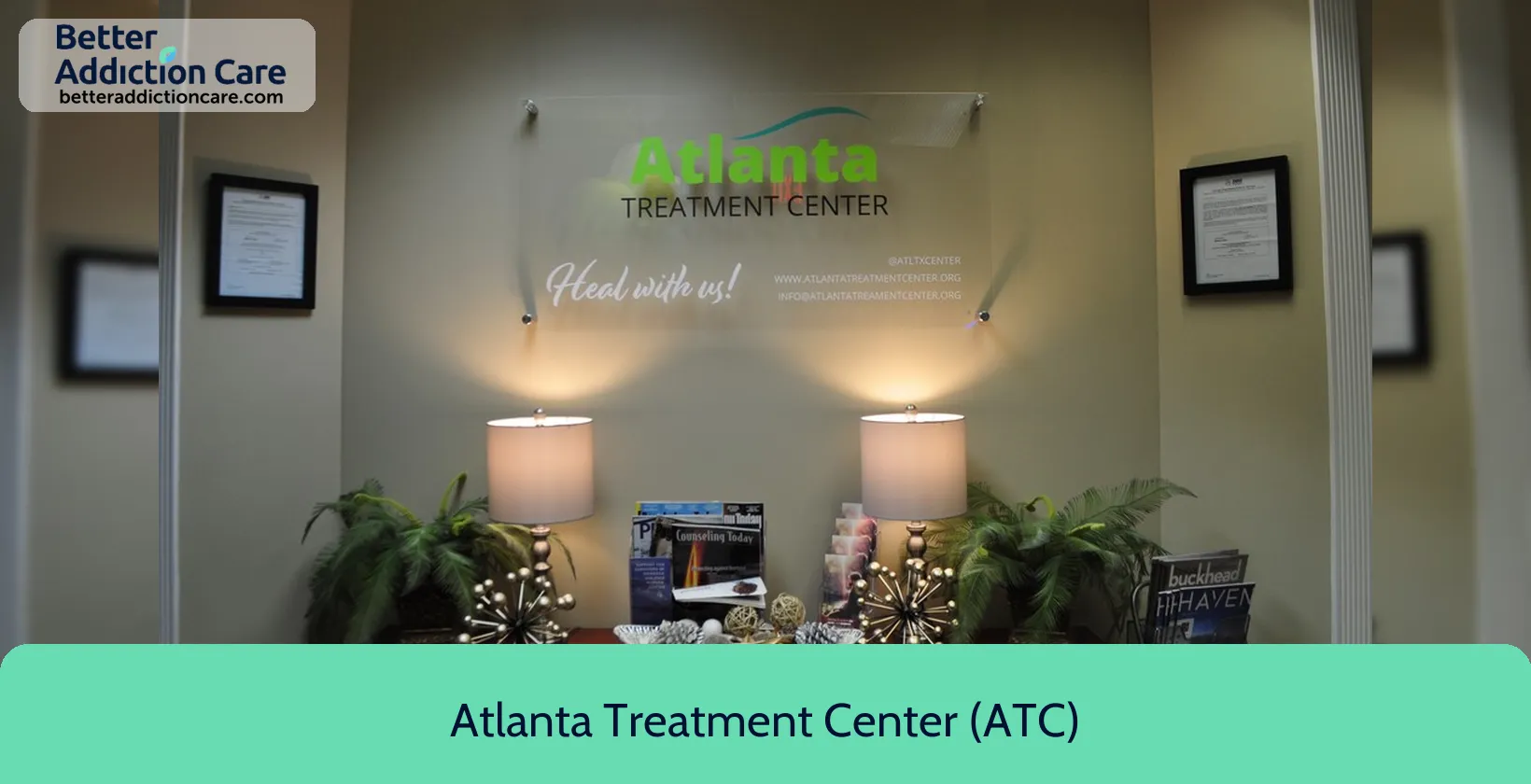
6.92
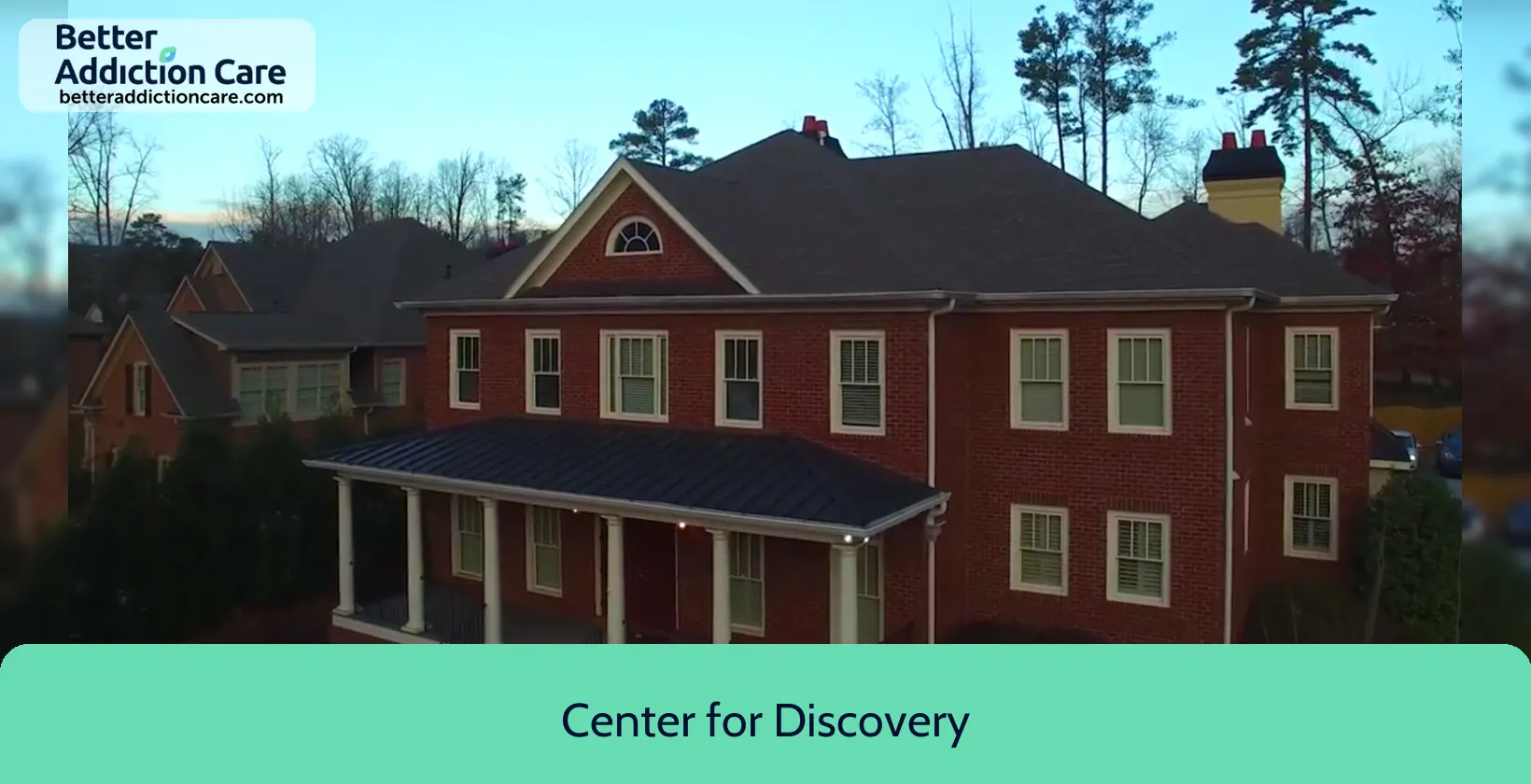
6.59

6.83
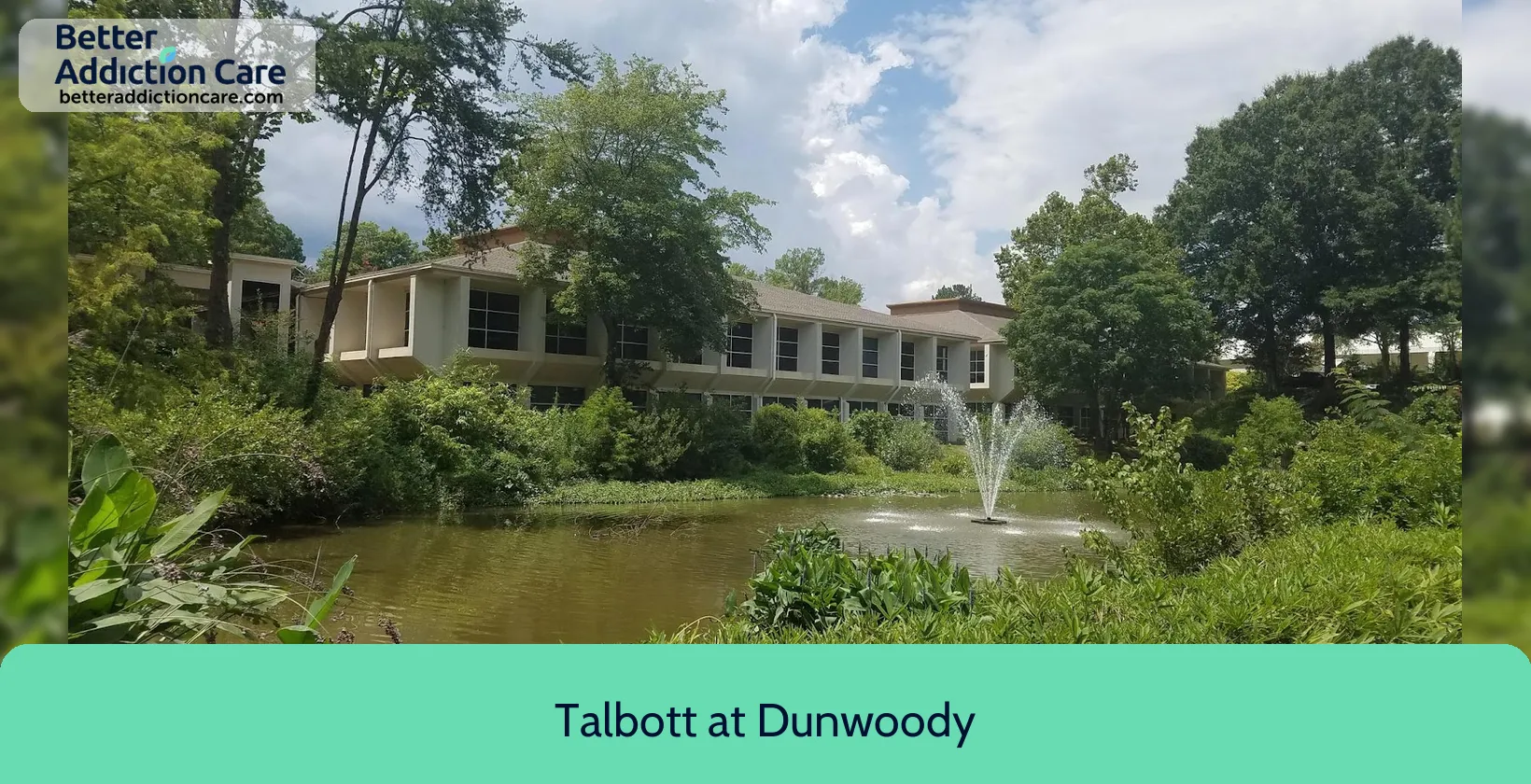
7.28
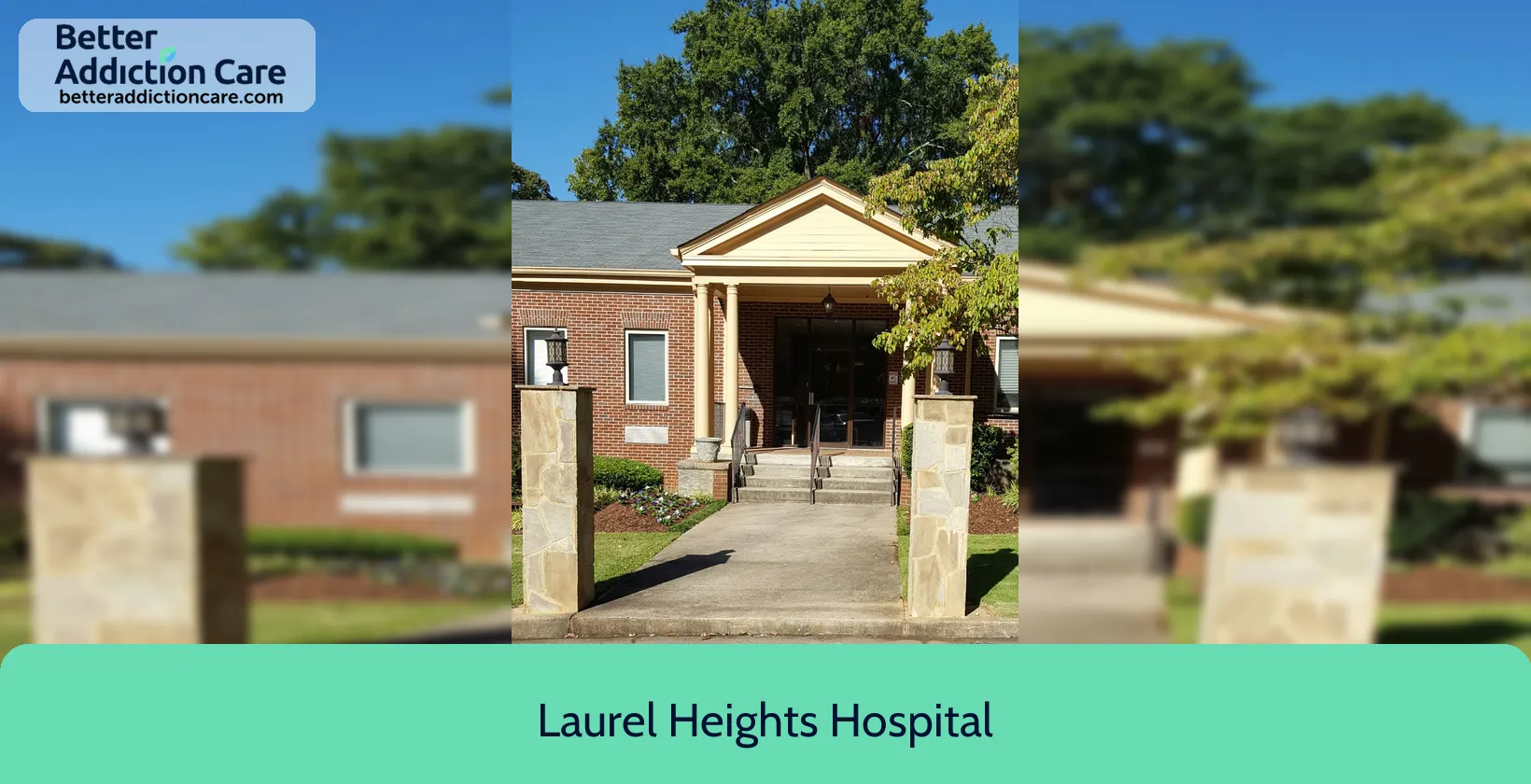
6.56
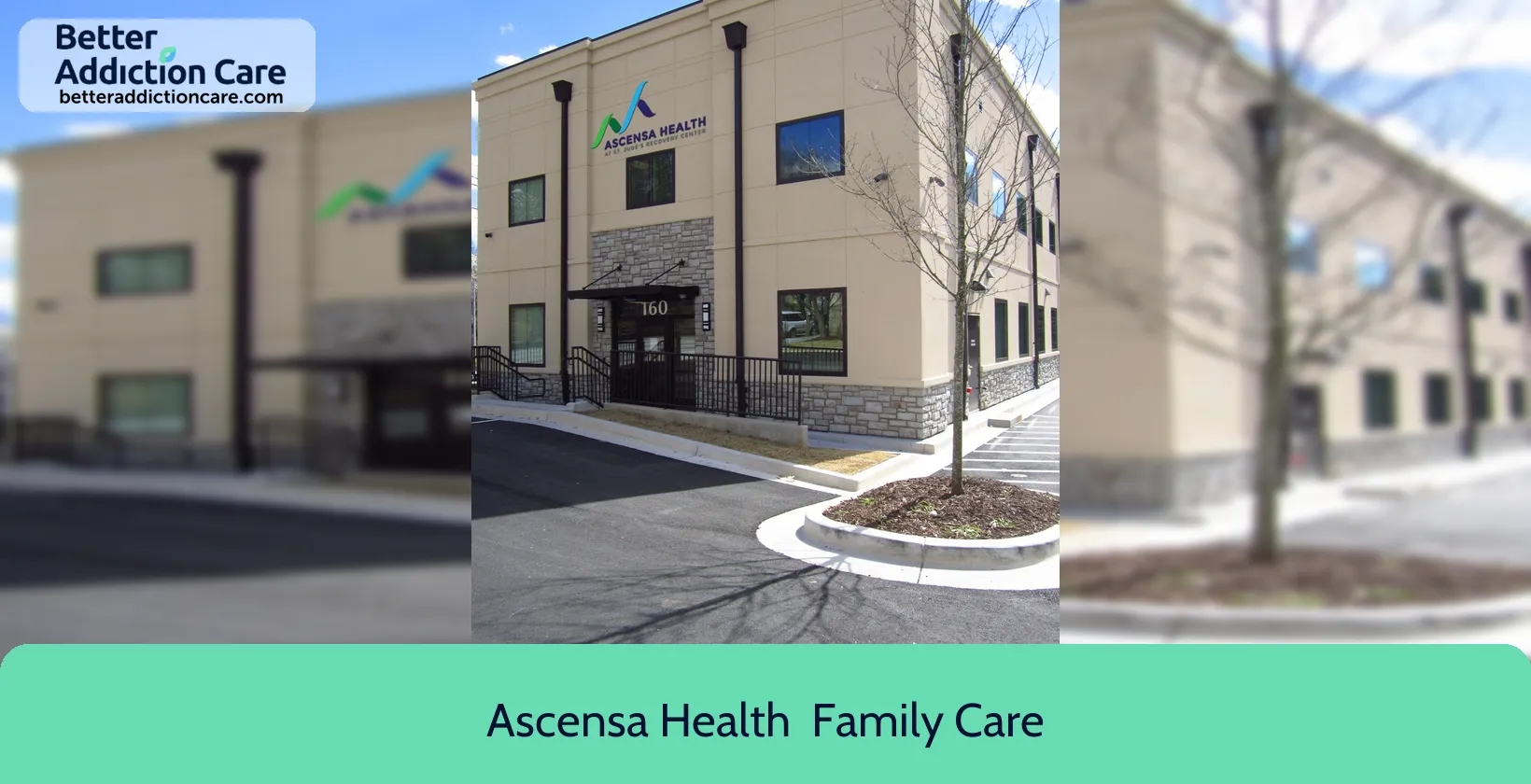
7.55

7.00

7.23

7.28

6.95

6.97

6.65

6.89

6.71

6.65

6.75

7.00

6.62

6.92

6.74

6.71

6.96

6.62

6.65

7.23

6.77

6.96

7.01

7.02
Local Rehabs in Georgia
Common Questions About Rehab in Atlanta
Take a look at our FAQ. We've tried to fill it with all the answers you're looking for. And if not, contact us on (888) 349-0436.


